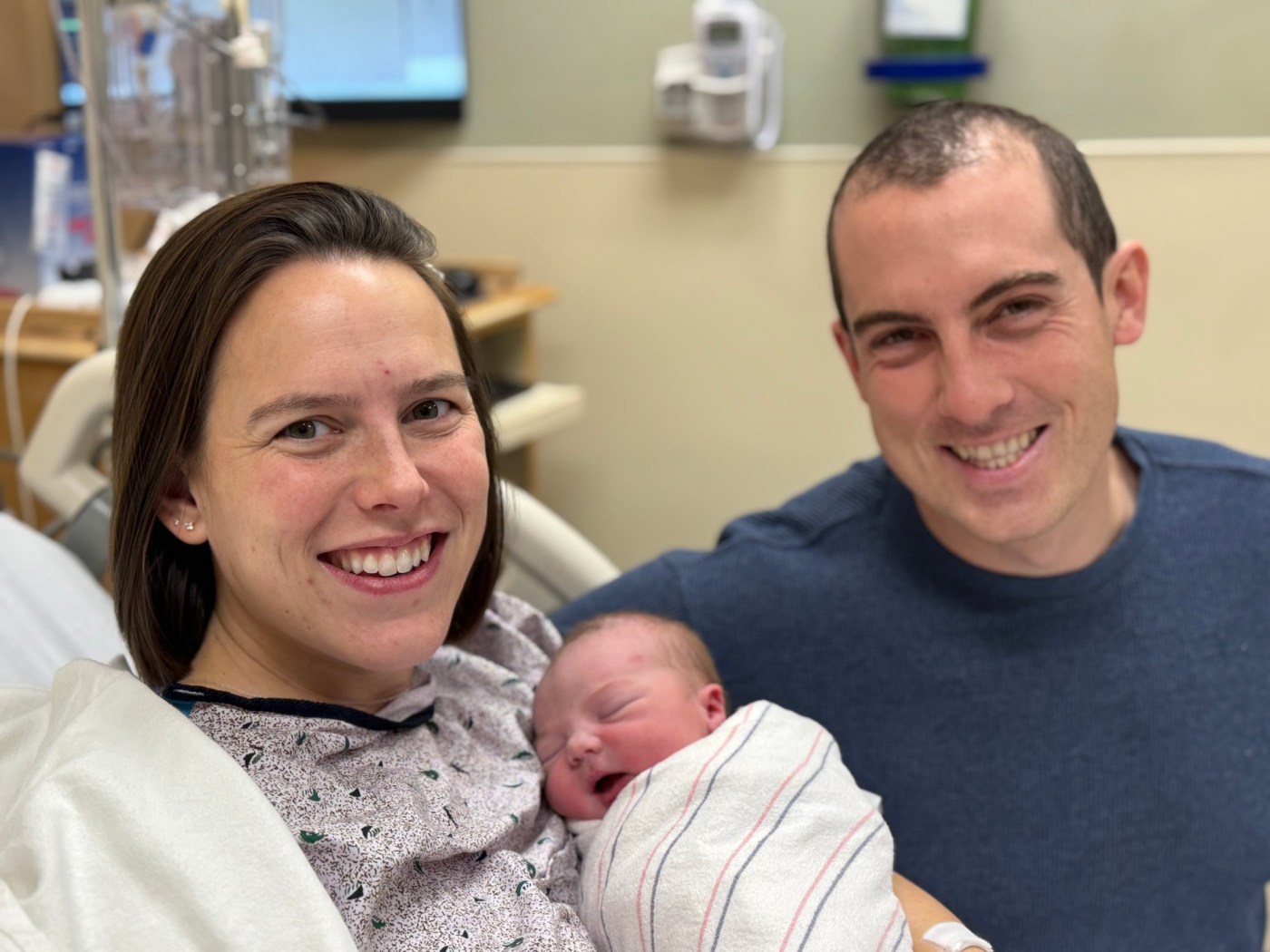A recent study has revealed that the drug evolocumab, a proprotein convertase subtilisin-kexin type 9 (PCSK9) inhibitor, significantly reduces the risk of major cardiovascular events (MACE) in patients with atherosclerotic cardiovascular disease (ASCVD) or diabetes. This finding emerged from the VESALIUS-CV trial, which presented its data at the American Heart Association’s Scientific Sessions 2025 in New Orleans, Louisiana.
The trial was led by Erin Bohula, MD, an assistant professor of medicine at Harvard Medical School and a researcher at Brigham & Women’s Hospital. The study represents a pivotal moment in cardiovascular medicine, being the first to show improved cardiovascular outcomes with a PCSK9 inhibitor among patients without a history of heart attack or stroke who were already on a high-intensity cholesterol-lowering regimen.
Conducted across 774 sites in 33 countries, the VESALIUS-CV trial enrolled a total of 12,257 patients aged between 50 and 79 years for men, and 55 and 79 years for women. Participants were required to have specific cholesterol levels, including low-density lipoprotein (LDL) cholesterol of ≥90 mg/dL, non-high-density lipoprotein (non-HDL) cholesterol of ≥120 mg/dL, or apolipoprotein B (ApoB) levels of ≥80 mg/dL. Patients had to be on stable, optimized lipid-lowering therapy for at least two weeks before enrollment and were excluded if they had a history of myocardial infarction or stroke.
Study Design and Results
Patients were randomly assigned in a 1:1 ratio to receive either evolocumab at a dose of 140 mg every two weeks or a matching placebo. The primary efficacy endpoints were a composite of death from coronary heart disease, myocardial infarction, or ischemic stroke (3-point MACE), and a 4-point MACE that included ischemia-driven arterial revascularization.
The results were compelling. A total of 336 patients in the evolocumab group experienced a 3-point MACE event compared to 443 in the placebo arm, representing a 25% reduction in risk (hazard ratio [HR], 0.75; 95% confidence interval [CI], 0.65-0.86; P <.001). For the 4-point MACE, 747 patients in the evolocumab group and 907 in the placebo group experienced events, yielding a 19% lower risk (HR, 0.81; 95% CI, 0.73-0.89; P <.001). Further analysis showed no significant difference in the incidence of adverse events leading to discontinuation between the two groups, indicating a favorable safety profile for evolocumab in this patient population.
Implications for Cardiovascular Care
Bohula emphasized the importance of these findings, stating, “Together with data from genetic studies of PCSK9 variants and other PCSK9 inhibitor outcomes studies, our findings suggest that long-term lowering with PCSK9 inhibitors can help to improve cardiovascular morbidity and potentially mortality over time.” He also noted that these results support the use of intensive LDL-C lowering to achieve targets around 40 mg/dL to prevent major cardiovascular events.
The VESALIUS-CV trial adds to the growing body of evidence regarding the effectiveness of PCSK9 inhibitors and their role in managing cardiovascular risk, particularly among high-risk populations. As healthcare providers seek effective strategies to mitigate cardiovascular disease, the implications of these findings could reshape treatment approaches for patients with ASCVD and diabetes.







